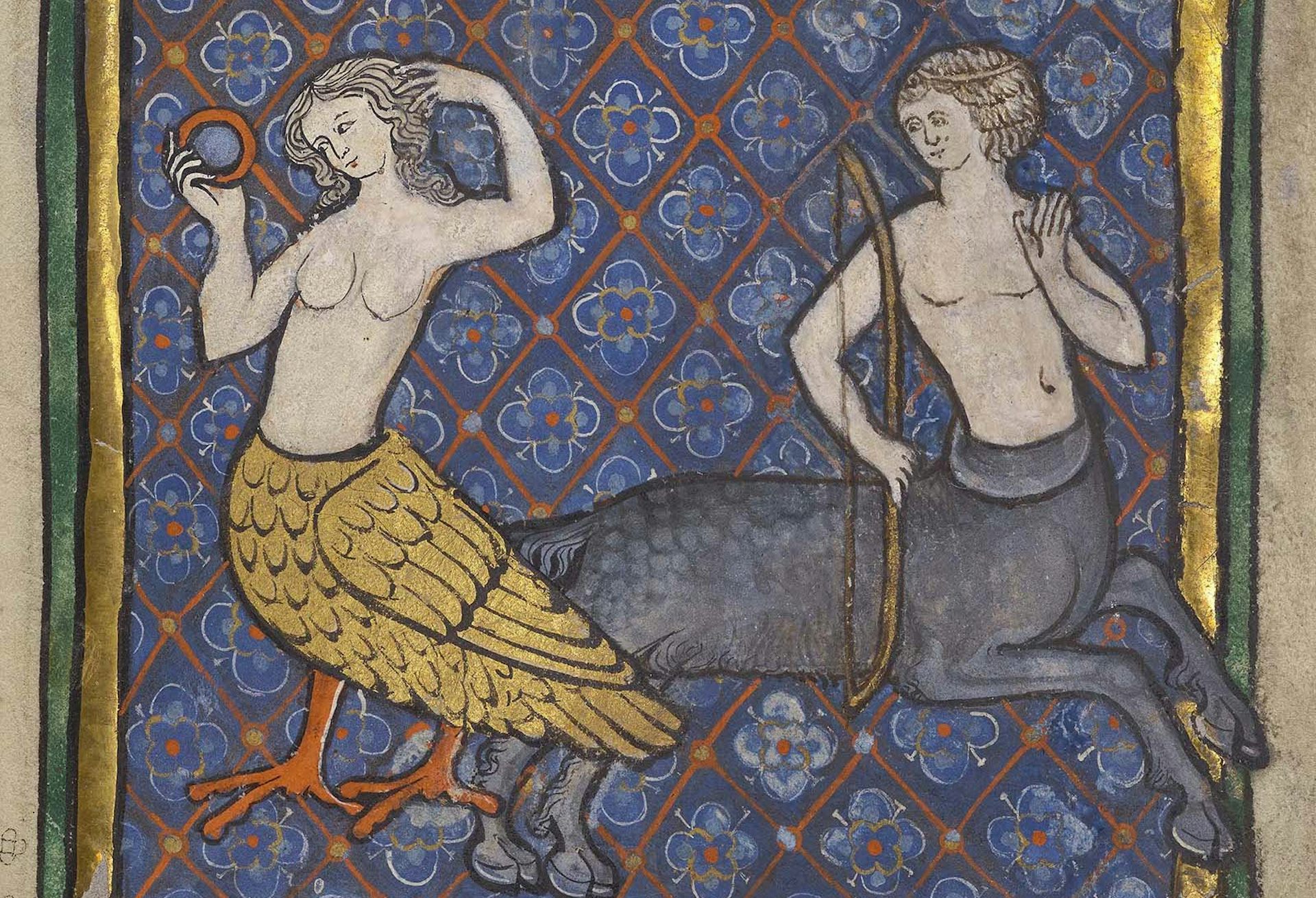Here we go with this month’s collection of links to items you’ll wish you’d not missed.
Science, Technology, Natural World
First off, wasps … apparently hornets are able to hold their alcohol amazingly well. [££££]

Birds listen to their songs in a totally different way than we do. [££££}
Scientists have found a surprisingly intact sabre-toothed tiger kitten frozen in Siberian ice, and it’s revealing unknown details about the species.
In 2023 researchers sent a dummy alien signal to Earth, without telling anyone, and it has now been decoded although not understood!
Jupiter is large enough to swallow at least 1000 Earths, and yet it has no surface.
NASA has a large number of satellites studying the sun, and they’re providing some surprising discoveries unrelated to the sun.
Look deeper and you find that comets have sinkholes, which generate jets of material.
In another piece of work from NASA, they’ve discovered two galaxies, looking like bloodshot eyes, which seem to be in the process of merging.
And finally in this section, astronomers have rediscovered a “dandelion-like” supernova first spotted in 12th-century China and Japan. [££££]

Health, Medicine
H5N1 bird flu has been detected in pigs, which is a big cause for concern as they are a well-known “mixing vessel”. And a teenager hospitalised in Canada has H5N1 with mutation(s) which may make it more transmissible between people.
It turns out that humans evolved to share beds, and not only with their romantic partner.
Synaesthesia is strange (especially for those of us who don’t have it) but ticker-tape synaesthesia, where real life comes with subtitles, is really bizarre.
Sexuality
Girls, is it that you just don’t like sex, or is it that you don’t like patriarchal sex? [LONG READ]
So how do you like your dirty talk during sex? [££££]
Is using lube really that much of a taboo for straight couples? Seems it is. [££££]
Environment
OK, so let’s change track …

Apparently British cities are taking on the Japanese concept of “tiny forests“.
And in a similar vein, relatively small patches of wildflowers in cities are as good as natural meadows for insect biodiversity.
History, Archaeology, Anthropology
An amateur archaeologist has discovered another two stone circles on Dartmoor, and believes they add to the theory of a sacred arc of stone circles.
So who was Gunhild? And was she a victim of medieval ethnic cleansing?
On the other side of the world, a postgraduate student has serendipitously found a lost city in the Mexico jungle.
In Leicester they’ve found an 800-year-old burial pit containing 123 bodies, and it’s a complete mystery.
In the mid-13th-century, in what is now Turkey, a kingdom changed hands in exchange for a hat.

In order to make sense of the world as best they could medieval people had lots of supernatural beliefs: elves and fairies; abductions and the undead.
On which subject, here’s a look at some medieval animal ghost stories.
When you’re a peasant economy and don’t have the resources to feed lots of livestock through the winter, November becomes Blotmonath, the month of animal sacrifice and trying to store the meat.
The British Library currently has an exhibition Medieval Women: In Their Own Words. Here’s a review.
Food, Drink
Our drinking water contains many “forever chemicals”, but practically and personally what can we do to ameliorate this?
Wow! Ha ha!
So it’s that time of year, the season of Winter Vagina.

















